The 41st Annual Congress of Child and Adolescent Psychiatry in Chile
By: Christianne Zulic-Agramunt, MD. MSc., Child and Adolescent Psychiatrist, Director of the Child and Adolescent Psychiatry Specialty at the University of La Frontera, President of the SOPNIA Congress, 2024.
The 41st Annual Congress of Child and Adolescent Psychiatry was held in Chile, Pucón, from October 23-25, 2024, under the expert guidance of the organizing committee consisting of Dr. Sandra Venegas, who led the psychiatry committee, Dr. Joanna Borax, who led the neurology committee, Dr. Pablo Gaspar, who led the scientific committee and Dr. Christianne Zulic, who served as the president of the congress. The congress is organized by the Society of Psychiatry and Neurology of Childhood and Adolescence (SOPNIA).
Our theme this year was “Interweaving science with inclusion and transculturality,” and we were able to create a space where science connected with complexity, human subjectivity and diversity, creating a space where our culture was placed at the center.
We share the event with leading international and national exhibitors, thus completing a spectacular multidisciplinary scientific program. The congress had 853 registrants and was held in a completely hybrid format, extending beyond Chilean borders, with participants from the United States, Argentina, Spain, El Salvador, Australia, Colombia, Ecuador, Italy, Mexico, Peru and Venezuela.
Although most of the attendees were medical specialists, there were also participants from other disciplines, including psychology, speech therapy, occupational therapy, social work, among others, which encouraged wide-ranging and multidisciplinary discussions.
This experience began with the pre-congress, which involved 9 blocks of different topics, highlighting among them the day on Emotional Regulation in the Classroom, where different professionals from local and public schools participated and the day on Family and Gender Diversity, led by the internationally recognized psychologist Jean Malpas and Cristian Spuler, Phd, in which community members participated, both spaces being enriched by the professional and personal experiences that were shared.
The opening ceremony was led by academic and Machi, Jorge Quilaqueo, who combined the academic with the transcultural, teaching us everything about the Mapuche worldview, an indigenous Chilean people, characteristic of La Araucanía, the region where the congress was held. This was followed by Ana María Alarcón, Phd that taught us about the normal development of a child of Mapuche ethnicity, culminating with the academic Dr. Marie Rose Moro, winner of the Peace Novel Prize, who spoke about "The value of cultural and social diversity in all clinics around the world”.

Figure 1: Opening Ceremony on “Transculturality and Development in Children and Adolescents”.
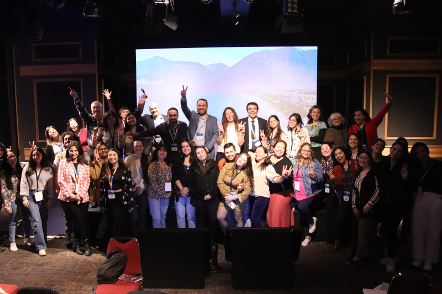
Figure 2: Emotional Regulation in the Classroom Symposium. Local community participation.
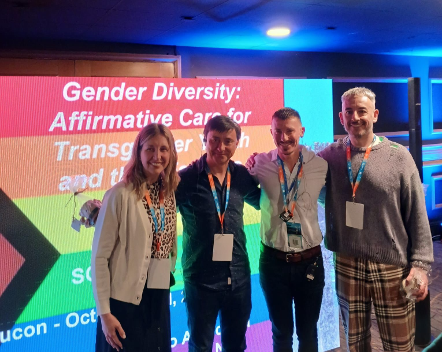
Figure 3: Symposium on Gender Diversity and Family, with community participation.
The program then included, in addition to the opening ceremony, 2 other plenary sessions and 8 symposia, with 21 international speakers. Highlighting the participation of Dr. Ann Yeh and Dr. Andrew Thomson, in the plenary session on neuroimmunology and psychiatric manifestations and Dr. Ricardo García, national Olea Award winner, Dr. Eric Fombonne, renowned child and adolescent psychiatrist, specialist in autism and epidemiology and Psychologist Vladimir Yañez, Director of the Araucanía Sur Health Service, in the closing plenary session, where clinical topics and public policies were addressed, in relation to neurodivergence in children and adolescents.
Another experience worth highlighting has been the Southern Cone, a space where quality research in child and adolescent neurology carried out in South America was shared, with experiences being shared between Brazil, Argentina, Uruguay and Chile.
I would also like to present the great work carried out by our scientific committee, which resulted in 41 clinical cases and 72 research projects, with the first place going to the research in psychiatry called "Cultural humility in adult and child and adolescent psychiatry residents: a binational and mixed study" by Núñez et al. and in neurology the project entitled "Relationship between childhood adverse events and neuropsychiatric morbidity in a population of young mothers in extreme poverty – Soy más Foundation, La Pintana, 2023". by Carrasco et al. Both tremendously consistent with the motto of our congress.
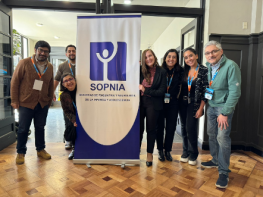
Figure 4: Neurology Organizing Committee.
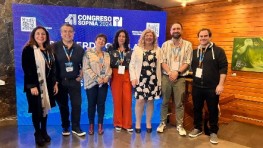
Figure 5: Psychiatry organizing committee.
At the closing dinner, a tribute was paid to our beloved Dr. Mario Sepúlveda, a renowned child and adolescent psychiatrist in our country, winner of the Olea Prize, who was one of the pioneers of this discipline in Chile, making history as a mentor to many current specialists. In the final speech, emphasis was placed on the importance of collaborative work and thanks were given for "weaving" this experience together and with a dinner, accompanied by a renowned Mapuche singer-songwriter, named Paloma Nahuelhuen. This enriching academic experience, full of camaraderie, was closed in a circular, consistent and congruent way.
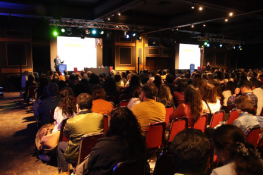
Figure 6: Closing plenary session about neurodiversity.

Figure 7: Camaraderie Walk, “Getting to know Chile”, with international guests.
We would like to thank all the attendees, collaborators, especially to the entire team at Boston Children’s Hospital/Harvard Medical School, who have supported us consecutively over the past few years and the sponsors and patrons, too. In particular, I wish to recognize the “League Against Epilepsy” and IACAPAP, which have been fundamental pillars for the Society of Psychiatry and Neurology of Childhood and Adolescence (SOPNIA) throughout its history.
This article represents the view of its author(s) and does not necessarily represent the view of the IACAPAP's bureau or executive committee.

